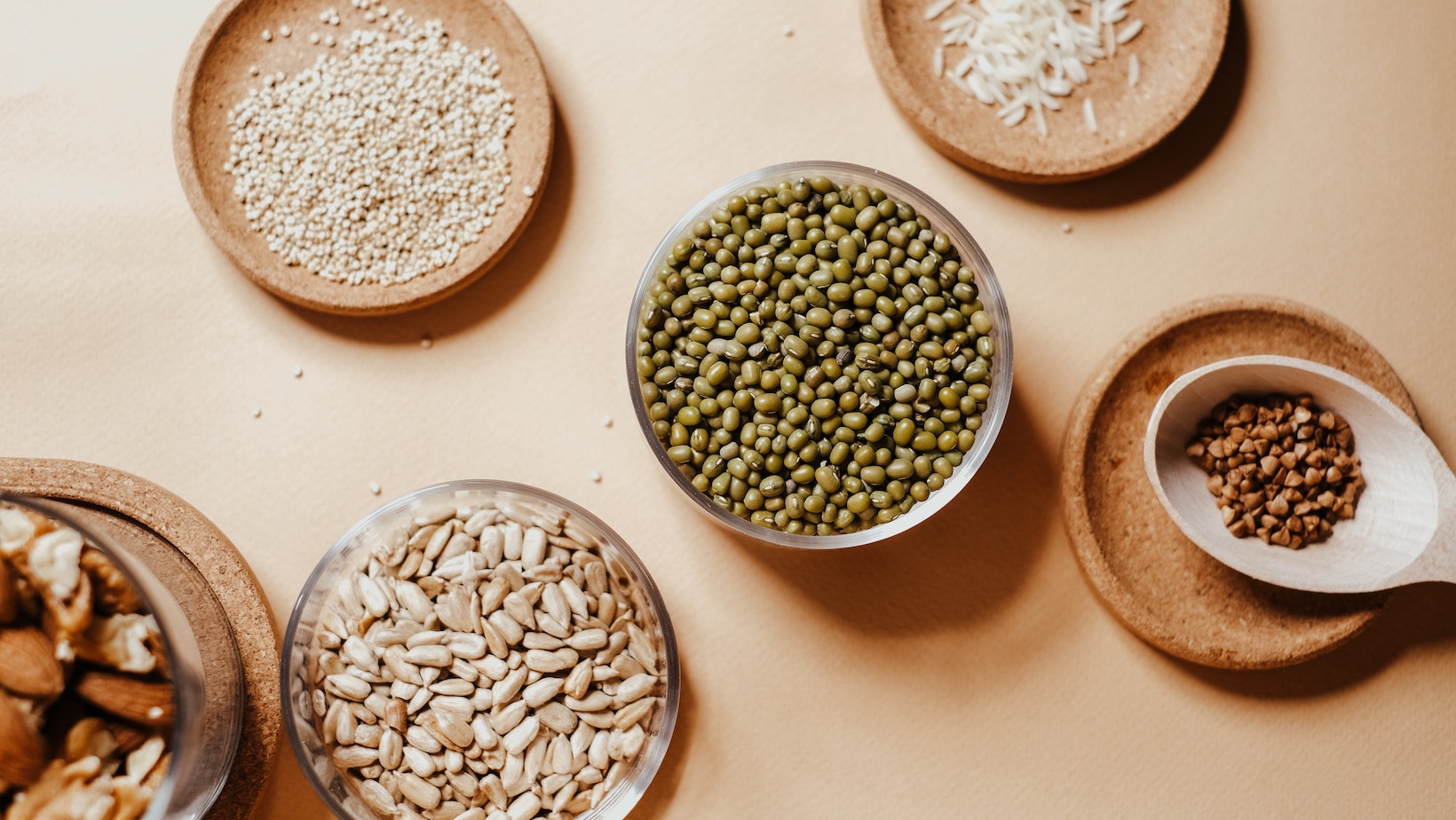
Quinoa has gained popularity in recent years as a healthy and nutritious grain alternative. However, for those following a ketogenic diet, the question arises: is quinoa okay for keto? In this article, I will delve into the nutritional profile of quinoa and its compatibility with the keto diet. We will explore its carb content, fiber content, and overall impact on ketosis to determine whether quinoa can be included in a keto-friendly meal plan.
Is Quinoa Okay For Keto
When it comes to following a ketogenic diet, the main focus is on keeping carbohydrate intake low. So, is quinoa okay for keto? Let’s take a closer look.
Quinoa is often considered a healthy grain alternative, packed with essential nutrients and health benefits. However, it is important to note that quinoa is relatively high in carbohydrates compared to other keto-friendly foods. In fact, a single cup of cooked quinoa contains about 39 grams of carbohydrates, making it a challenging choice for those on a strict keto meal plan.
On the other hand, quinoa is a complete protein, meaning it contains all nine essential amino acids that our bodies need. It is also a good source of fiber, which can help promote digestion and support overall gut health. Additionally, quinoa is rich in vitamins and minerals such as magnesium, iron, and zinc.
While quinoa does offer some nutritional benefits, it may not be the best choice for individuals on a keto diet, especially during the initial stages when carbohydrate restriction is crucial for achieving ketosis. However, if you are following a more lenient version of the keto diet or have already achieved ketosis, incorporating small amounts of quinoa into your meals may be possible without derailing your progress.
Remember, the key to a successful keto diet is to prioritize low-carb, high-fat foods to keep your body in a state of ketosis. This means choosing foods like meat, fish, eggs, nuts, seeds, low-carb vegetables, and healthy fats over higher-carb options like quinoa.
While quinoa does offer some health benefits, it is not considered a keto-friendly food due to its higher carbohydrate content. If you are following a strict ketogenic diet, it’s best to avoid or limit your consumption of quinoa. However, if you have already achieved ketosis or are following a more flexible version of the diet, small portions of quinoa may be incorporated occasionally. Always consult with a healthcare professional or registered dietitian to determine the best approach for your individual dietary needs.
What is the Keto Diet?
The Keto Diet, short for ketogenic diet, is a low-carb, high-fat eating plan that has gained popularity in recent years. It involves reducing carbohydrate intake and replacing it with fats, which puts the body into a state of ketosis. In ketosis, the body shifts from using glucose as its primary source of energy to using ketones, which are produced from fat breakdown in the liver. This metabolic state is believed to promote weight loss and provide various health benefits.
Understanding Quinoa
Quinoa is a nutrient-dense food that offers several health benefits. Here’s a breakdown of its nutritional profile:
- Protein: Quinoa is a great plant-based source of protein, containing all nine essential amino acids. It is particularly beneficial for vegetarians and vegans who may struggle to meet their protein needs.
- Carbohydrates: While quinoa is considered a healthy carbohydrate source, it is relatively high in carbs compared to other keto-friendly foods. A 100-gram serving of cooked quinoa contains about 21 grams of net carbs.
- Fiber: Quinoa is rich in dietary fiber, which promotes healthy digestion and helps maintain a feeling of fullness.
- Fat: Quinoa is low in fat, making it a suitable option for those following a low-fat diet.
- Vitamins and Minerals: Quinoa is packed with vitamins and minerals, including magnesium, phosphorus, folate, and manganese. These micronutrients are essential for overall health and wellbeing.
Conclusion
While quinoa is a highly nutritious food, it may not be the best choice for individuals strictly following a ketogenic diet due to its higher carbohydrate content.
However, for those who have already achieved ketosis or are following a more flexible approach, incorporating small amounts of quinoa into their diet may be possible. It is important to consult with a healthcare professional or registered dietitian for personalized guidance on whether quinoa can fit into your specific keto plan.
Remember, every person’s nutritional needs and goals are unique, so it’s crucial to seek individualized advice. Ultimately, finding the right balance between enjoying the health benefits of quinoa and maintaining ketosis is key.

